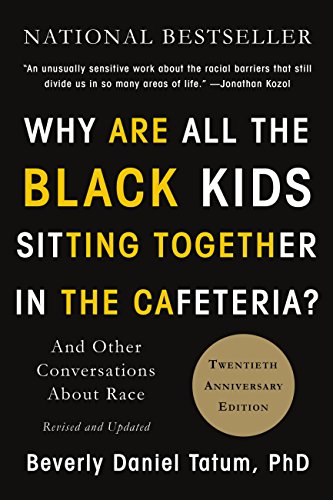Theory, coming primarily from Australia in the 1950s, that various mental phenomena are identical with certain cerebral or neuro-physiological phenomena. (The names ‘brain process theory’ and ‘central state materialism’ are sometimes used for these two alternatives, respectively; more generally, the theory is called simply materialism or pysicalism, though both these terms have other uses too.)
Sometimes the mental phenomena in question are limited to pains or other sensations, and sometimes they cover thoughts, beliefs, desires, emotions, and so on, though this raises problems about whether reference to external objects is involved.
The identity is normally taken to be contingent rather than necessary, which itself raises problems. An important distinction is between type and token identity theories.
The stronger, type, version correlates types of pain, thought, emotion, and so on with types of physical phenomena. The weaker, token, version claims merely that any given occurrence of a pain, thought, and so on is identical with some physical phenomenon (not necessarily of the same kind in each case).
Also see: double aspect theory, neutral monism, anomalous monism, internalism, externalism
Also see: principle of sufficient reason
Source:
C V Borst, ed., The Mind/Brain Identity Theory (1970);
S Kripke, Naming and Necessity (1980) especially, pp. 144-55
Table of Contents
- identity of indiscernibles
- double aspect theory of mind
- identity theory of predication
- anomalous monism
- identity theory of truth
Last update 2020-06-17. Price and product availability may change.










